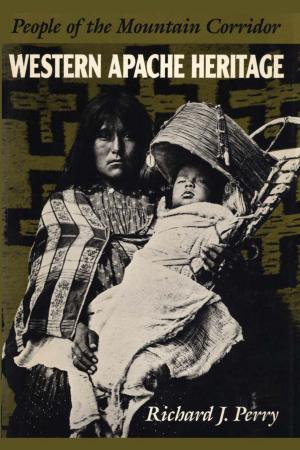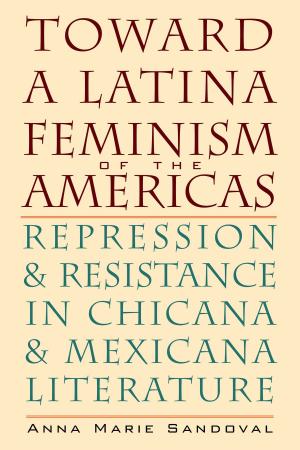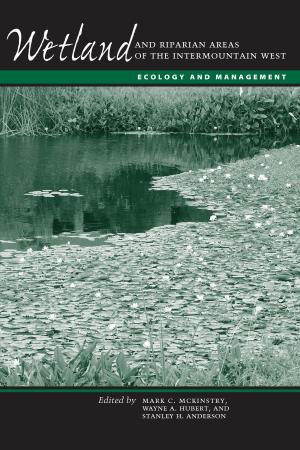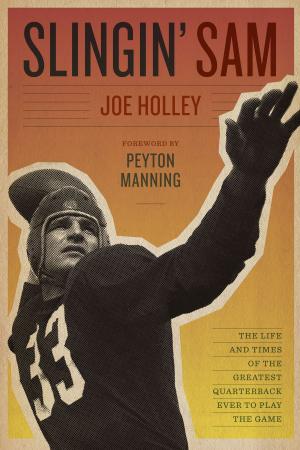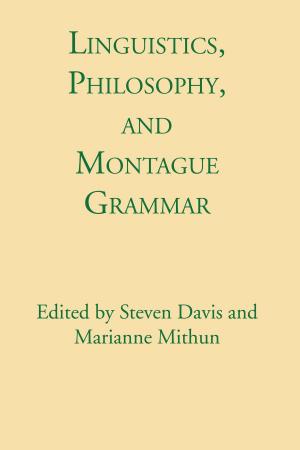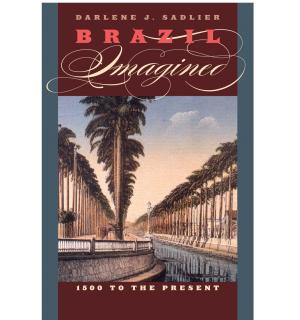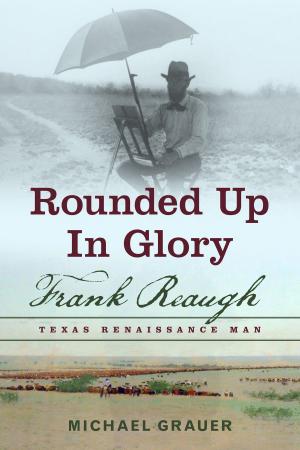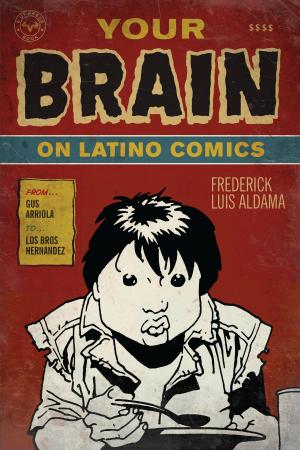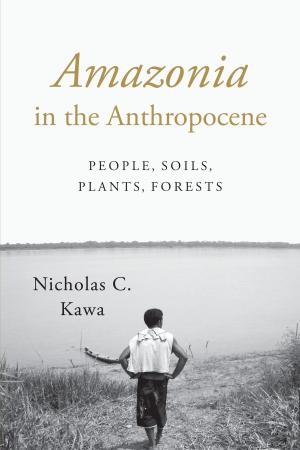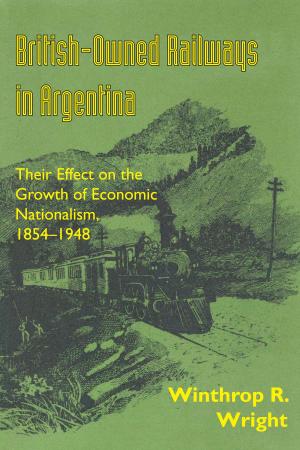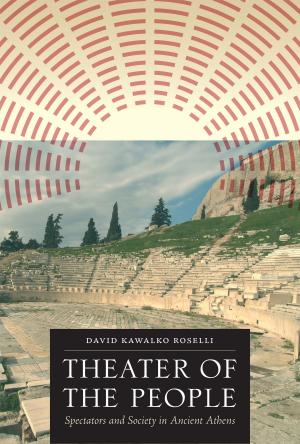Cultural Memory
Resistance, Faith, and Identity
Nonfiction, Social & Cultural Studies, Social Science, Anthropology| Author: | Jeanette Rodriguez, Ted Fortier | ISBN: | 9780292774599 |
| Publisher: | University of Texas Press | Publication: | January 27, 2009 |
| Imprint: | University of Texas Press | Language: | English |
| Author: | Jeanette Rodriguez, Ted Fortier |
| ISBN: | 9780292774599 |
| Publisher: | University of Texas Press |
| Publication: | January 27, 2009 |
| Imprint: | University of Texas Press |
| Language: | English |
The common "blood" of a people—that imperceptible flow that binds neighbor to neighbor and generation to generation—derives much of its strength from cultural memory. Cultural memories are those transformative historical experiences that define a culture, even as time passes and it adapts to new influences. For oppressed peoples, cultural memory engenders the spirit of resistance; not surprisingly, some of its most powerful incarnations are rooted in religion. In this interdisciplinary examination, Jeanette Rodriguez and Ted Fortier explore how four such forms of cultural memory have preserved the spirit of a particular people.Cultural Memory is not a comparative work, but it is a multicultural one, with four distinct case studies: the image of Our Lady of Guadalupe and the devotion it inspires among Mexican Americans; the role of secrecy and ceremony among the Yaqui Indians of Arizona; the evolving narrative of Archbishop Oscar Romero of San Salvador as transmitted through the church of the poor and the martyrs; and the syncretism of Catholic Tzeltal Mayans of Chiapas, Mexico. In each case, the authors' religious credentials eased the resistance encountered by social scientists and other researchers. The result is a landmark work in cultural studies, a conversation between a liberation theologian and a cultural anthropologist on the religious nature of cultural memory and the power it brings to those who wield it.
The common "blood" of a people—that imperceptible flow that binds neighbor to neighbor and generation to generation—derives much of its strength from cultural memory. Cultural memories are those transformative historical experiences that define a culture, even as time passes and it adapts to new influences. For oppressed peoples, cultural memory engenders the spirit of resistance; not surprisingly, some of its most powerful incarnations are rooted in religion. In this interdisciplinary examination, Jeanette Rodriguez and Ted Fortier explore how four such forms of cultural memory have preserved the spirit of a particular people.Cultural Memory is not a comparative work, but it is a multicultural one, with four distinct case studies: the image of Our Lady of Guadalupe and the devotion it inspires among Mexican Americans; the role of secrecy and ceremony among the Yaqui Indians of Arizona; the evolving narrative of Archbishop Oscar Romero of San Salvador as transmitted through the church of the poor and the martyrs; and the syncretism of Catholic Tzeltal Mayans of Chiapas, Mexico. In each case, the authors' religious credentials eased the resistance encountered by social scientists and other researchers. The result is a landmark work in cultural studies, a conversation between a liberation theologian and a cultural anthropologist on the religious nature of cultural memory and the power it brings to those who wield it.

